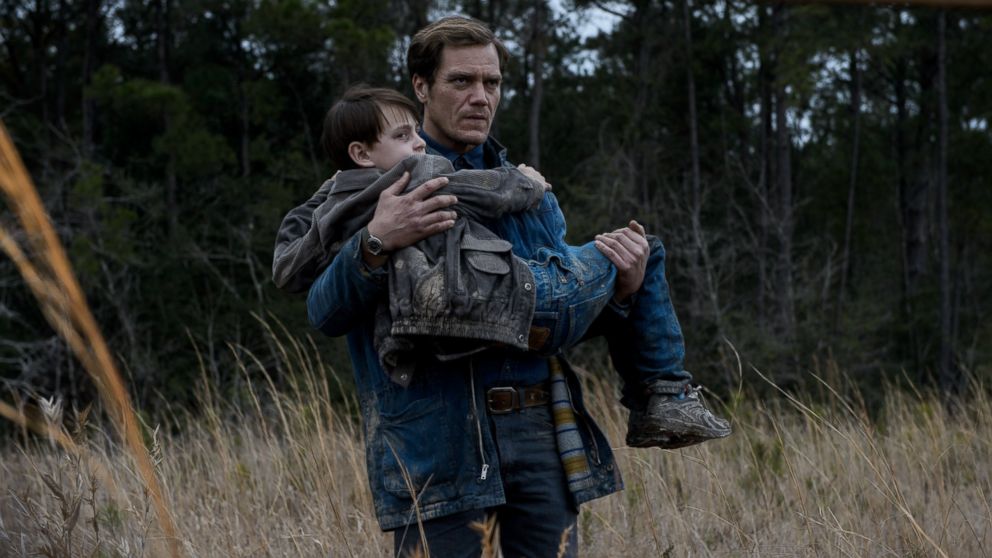If an event or unique feature of reality is discovered, the
pundits come and point their fingers at it, declaring its hidden reality.
The government looks at it through the eyes of fear,
wondering if it might undermine the status quo.
Religion looks at it through patriarchal eyes, trying to fit
it into religion’s vortex of power, and its apocalyptic narrative of salvation.
But suppose the feature was a little boy, born of normal
parents. How would they see this event?
The idea is presented in a complex way by The Exorcist or We Need to Talk about
Kevin. Here, it is presented in a
simpler, Spielbergian format. The
parents are full of love for the boy and just wants what is best for him, which
means they must run from the government and religion who has their own
assumptions at the forefront, even if that means the boy’s welfare is
secondary.
I think that the area that most commentators have trouble
with Midnight Special is the use of religion, which is something Spielberg
rarely commented on. They are
uncomfortable with the realistic touches, but never really grasping what the
religion was up to. The government was
almost a cliché, but the religious aspect was confusing.
I think this is because the Jeff Nichols is very familiar with
religion, as are most citizens of the South.
The background and assumptions of the actions of religion are easy to
understand, and the director felt that he had given enough hints for a person
familiar with the world to understand.
I think, however, that religion, especially American
religion, really is a mystery for most watchers of the film. The boy of the light, of the dreams, is a
text, much like the Bible. The text is
simple description, but religion comes to interpret the text in a way that
makes sense with their patriarchy, with a pure way of life. The text contains misleading statements, to
distract from the core, the significant information, but religion must receive
it all as God-breathed, as if all had equal weight.
The boy is also an experience, bringing comfort to many,
even an obsession to experience it again.
Religion, again, must interpret and control the experience, giving it to
those who are worthy and withholding it from those who are not. Religion is about the divide between the pure
and the impure by whatever measure their traditional culture is comfortable
using.
In the end, the film is right. Religion is a manner of looking at a unique
reality, but it never grasps the core.
The core is love, which is benefiting the welfare of the other. In this case, the other is the boy
himself. The parents alone, with a
couple helpers, have that love. And love
is dangerous, for it disrupts the status quo.
Religion and government must, in the end, oppose love when love
disrupts. Religion and government are
about retaining the knowledge and way of life that they appreciate and
understand. Love lets the new reality
settle in, because people are at stake.



No comments:
Post a Comment